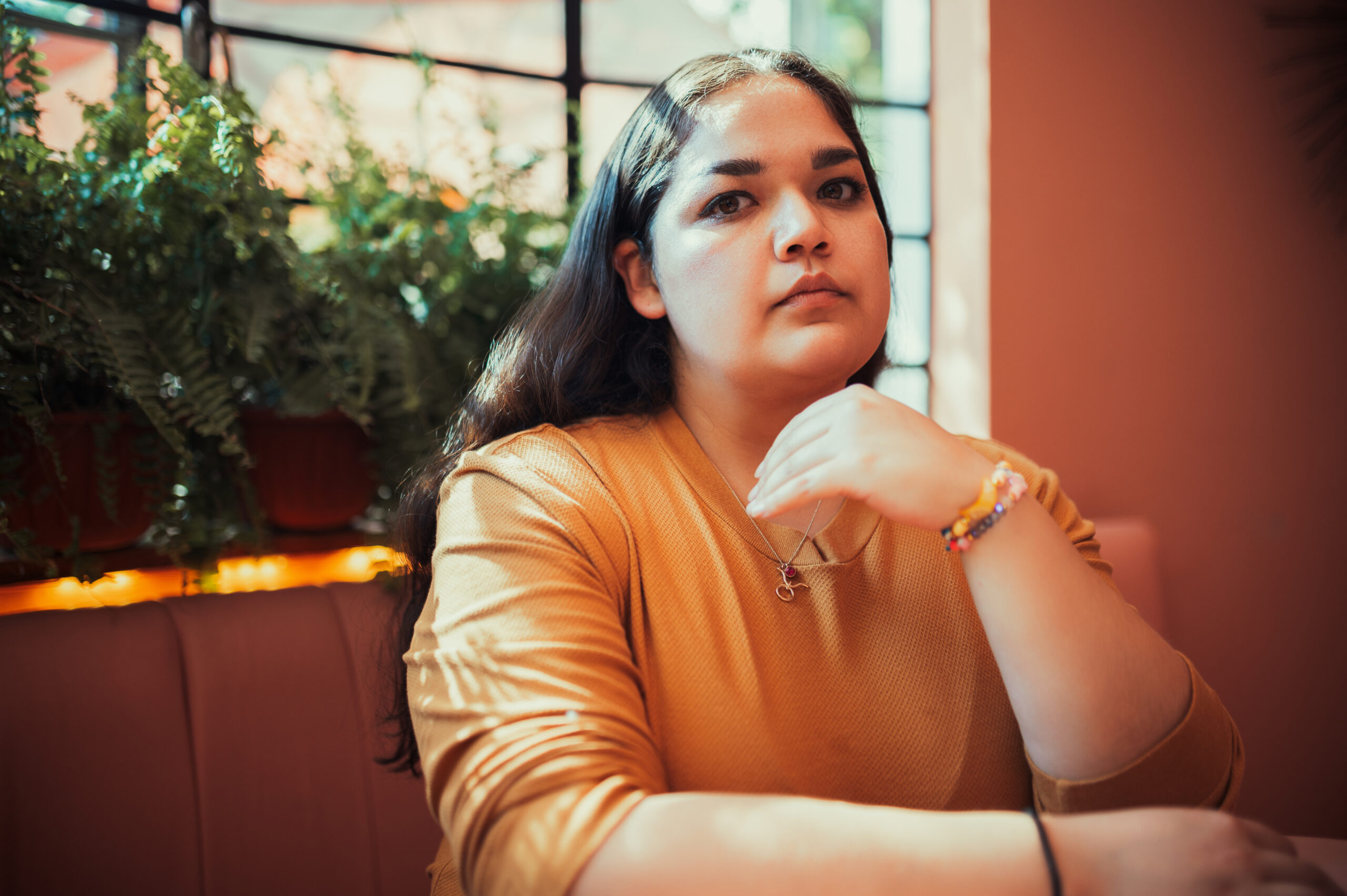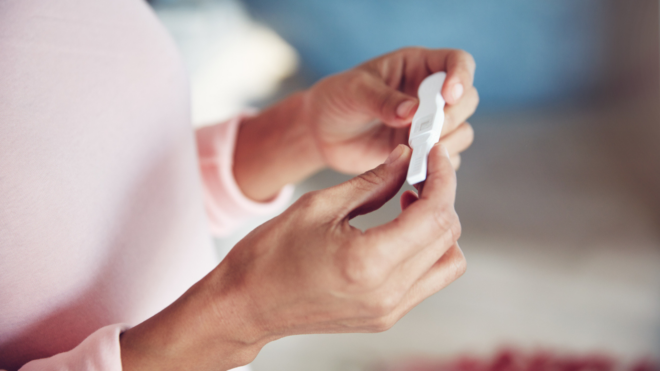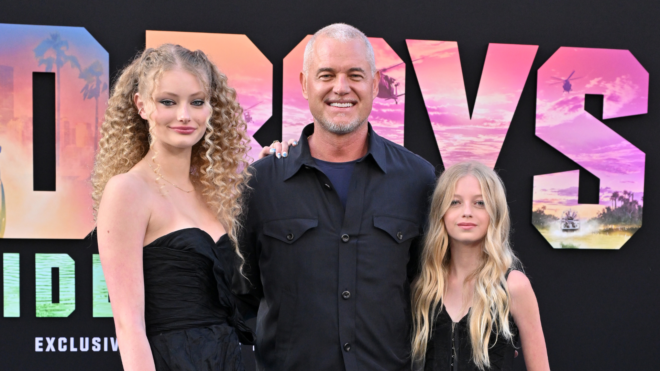
It was a normal afternoon about four years ago. The sun was shining, and puffy clouds raced across the springtime sky. I was driving home from work, listening to the local music station since my phone adapter had quit working a couple of weeks before, preventing me from enjoying my usual Pandora stations.
“Next up,” the DJ informed me, “we have ‘Kiss Me’ by Sixpence None the Richer.”
As the first few chords of the song came through the speakers, I felt my heart drop and my stomach churn
My mind was a kaleidoscope of hazy memories, the visuals blurry but the feelings as sharp as if the events were happening again, right now. I cycled through excitement, pleasant anticipation, love, heartbreak, and sick realization before my hand responded, darting out to switch radio stations.
Breathe, I told myself.
That exact scenario happened every time I heard that stupid song
I was in my 30s, and yet each time I heard it, the song brought me back to a night when I was only 15. Usually I would brush the reaction aside and would think to myself, “Stupid — I was a stupid kid, and it was a long time ago,” and moved on without acknowledging the physiological and psychological reaction I’d just had.
It wasn’t until I received training through my work as an educator about trauma-informed teaching strategies that I came to realize that I was suffering from PTSD, or post-traumatic stress disorder.
Though the events in question happened at age 15, I was in my late 20s before I realized that I had been sexually abused by my friend’s older brother, who was 27 at the time. He manipulated me into thinking we were in a relationship and had sexual contact with me, even though I was too young to consent. On top of everything else, I thought I loved him, and he broke my heart.
The song “Kiss Me” came on the radio on one of the nights we were together in his mom’s car, and was still burrowed in my memory. Hearing it caused my reactions, even all these years later. As I learned about how to care for students who have been traumatized, I realized I had had an adverse childhood experience. I say childhood, because I was a child, and he was an adult.
For a long time, I denied that I had been groomed and preyed on
I blamed myself for being gullible and thought that since I wanted his attention that it didn’t count as a trauma. But once I realized it, I was able to see how this had impacted my future relationships, preventing me from getting close. It was still informing how I interacted with my husband. I knew I needed to get help.
I’d done traditional therapy before, but I heard about a treatment called EMDR or Eye Movement Desensitization and Reprocessing. I was able to find a therapist who specializes in EMDR treatment and began my treatments. She warned me that addressing this trauma was going to be hard, and it would dredge up pain I had buried long ago.
I found that EMDR was like re-breaking a bone that had healed improperly
It initially caused a lot of agony, but it had to be done in order for me to move on correctly. Now, when that song comes on the radio, I still change it, but my body doesn’t do the things it used to. I am able to stay in the present moment, content in the knowledge that what happened to me doesn’t have the power to disrupt me like it used to.
My trauma will always be a part of me, but I am now finally healing.




